And so the goddess Seiran turned her back on Fen and walked away, her night-black hair trailing behind her like a veil of stars.— Excerpt from The Wolfborn, a Koushan Mai myth
Seiran is a deity of the
Gen Mai pantheon, worshipped by both the
Koushan Mai and several clans of
dragons. She is the Goddess of Secrets and Stars, of lost items and hidden places, of
constellations and the night sky. She is present in the spaces in between breaths, and in the moments between sleeping and waking.
Some know her as the Goddess of Lies, though it is said that she smiles only upon those falsehoods told with a selfless heart - an untruth to keep something concealed, or a whisper of comfort to a child about to die.
Appearance
Seiran is usually depicted as a young woman in her early twenties. She is slender-framed, almost ethereal in her appearance, and some have described her as fragile. Her skin is pale, almost white, and appears to faintly shine in certain lights. Her long, dark hair flows down to her waist, and within it glows a myriad of stars, shimmering like the night sky. Her eyes are solid black, including the sclera; like her hair, stars glitter inside them.
She is often said to wear dresses formed of woven starlight, bright and insubstantial. In other tales, she wears gowns cut from the darkest night, that wreathe her form and swallow all light. It is taboo to depict Seiran naked;
legend tells that the one mortal to see her unclothed was devoured by a pool of shadow.
Origin
Seiran is one of the younger gods in the Gen Mai pantheon. She does not appear in many of the oldest myths of the Koushan Mai people.
The myths are unclear and contradictory on the matter of Seiran's parentage. Most legends tell that Seiran's mother is
Kore, the Goddess of the
Moon, which is reflected in the fact that they are both considered goddesses of the night sky. Unlike Kore's other children -
Rhod and
Eodin, the Gods of Dawn and Dusk respectively - it is generally accepted that Seiran's father is not
Hakan, God of the
Sun.
Some stories hint that Seiran's father is
Lel, the God of Fate, whilst others point towards a mortal man. Though this man often remains without an identity, some candidates include the mythological heroes
Deren,
Soren, and
Vesar, as well as an unnamed, crippled blacksmith that Kore
took pity upon.
One myth, only told within one isolated
clan of Koushan Mai, tells of a different parentage for Seiran. This myth tells that Seiran is the result of a union between Lel and a mortal man; in this myth, Lel is Seiran's mother rather than her potential father.
The mystery surrounding Seiran's parentage is one of the reasons she is worshipped as the goddess of secrets. Most of her worshippers agree that the truth is not meant to be known.
The story of Seiran's birth, however, is largely agreed upon. She was born on a bleak, black night in the middle of
winter. It was a long, difficult labour that had lasted much of the previous day. Her mother's tears of joy at her eventual safe birth became the stars that now glimmer in the night sky.
Worship
Worship of the goddess Seiran tends to be quieter and more personal than the worship of some of the other gods in the Gen Mai pantheon. Prayers are usually offered to her in the silent moments of night time.
Temples
Before
Vasethal became
Caillah and
Serukis, there were three temples dedicated to Seiran. Two were in the open grasslands, where the skies were endless; one was called the
Tower of Stars, and the other was called the
Sanctum of the Lost. The other was located in the
mountains of
The Teeth, and was known as the
House of Silence. In the current year, only the House of Silence remains, the others having been pillaged for their stone a long time ago.
Each of these temples had a large chamber at their centre that was open to the sky, where priests could go to observe the movements of the stars. The temples themselves are shaped like six-pointed stars.
Festivals
There are two festivals associated with the worship of Seiran in Gen Mai religion. One festival is held on the night of the summer solstice, and one on the night of the winter solstice. If the night of the solstice is overcast, the festival is held on the first clear night after.
On both nights, followers of Gen Mai stay up late and look up at the stars. They try to find patterns in the sky by tracing from one star to the next. The pattern someone sees first is seen as an omen for the next few months to come.
After that, fires are lit and people huddle around them, drink alcohol, and tell stories of the months that have passed. It is a time to share news and ensure that no unintentional secrets are kept between loved ones. People often choose these nights to announce good news, such as pregnancies or a new relationship.
Symbology
The most well-known symbol of Seiran is a six-pointed star with an eye at its centre. This is most often the symbol that worshippers of Seiran get tattooed as part of their fate markings.
Another symbol associated with Seiran is the spider. Specifically,
wisp spiders are considered to be sacred creatures to the goddess and it is taboo to harm them.
Other symbols used to denote worship of Seiran are open eyes, stars in any form, and a gesture where the middle finger is placed on the lips.
Shooting stars , when they are spotted, are said to be a good omen from Seiran herself.







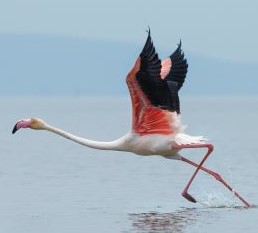

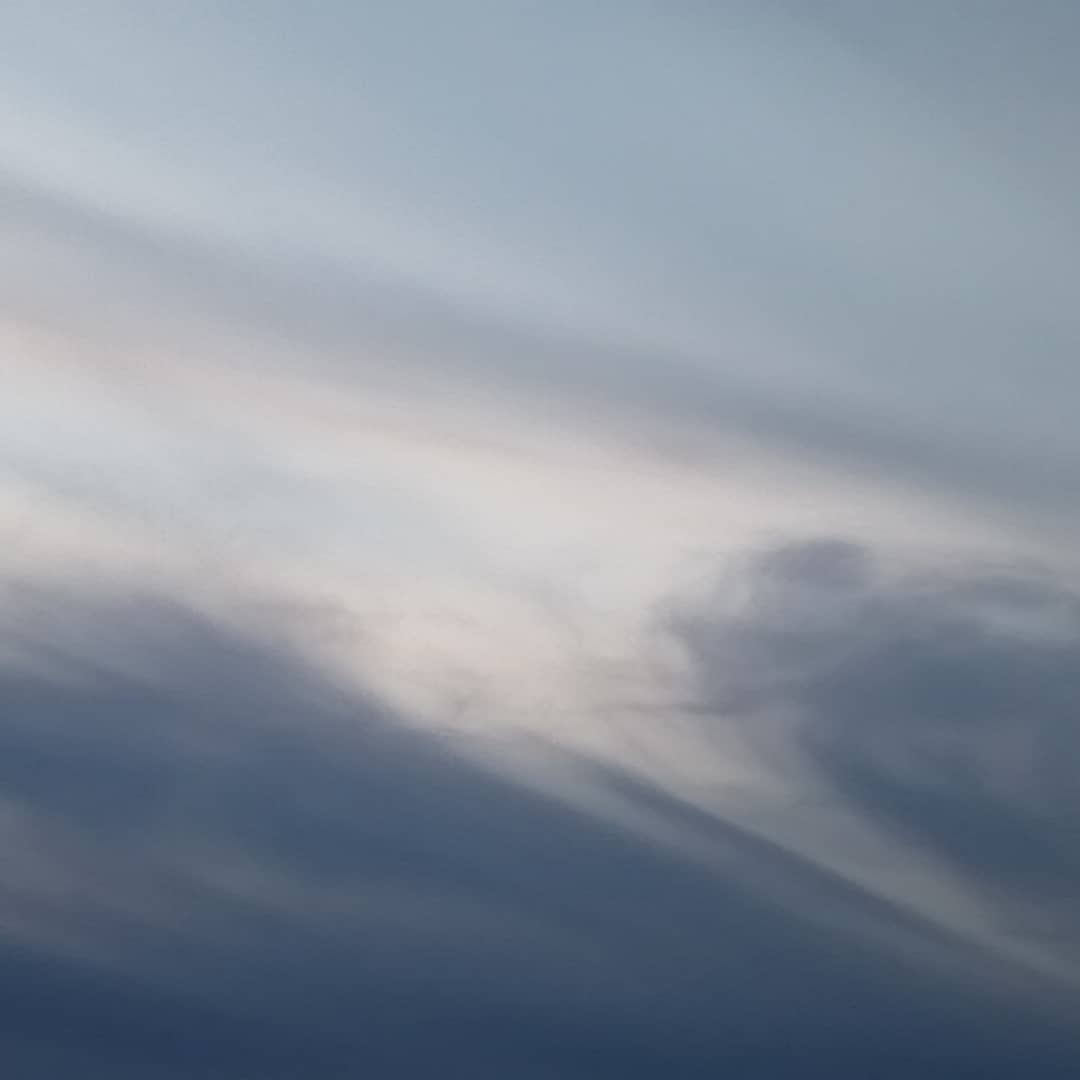
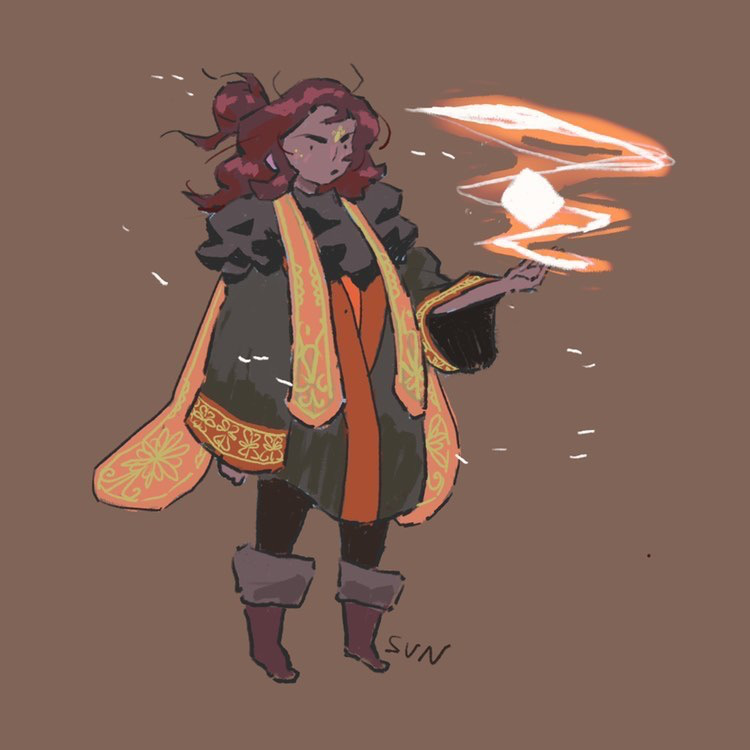
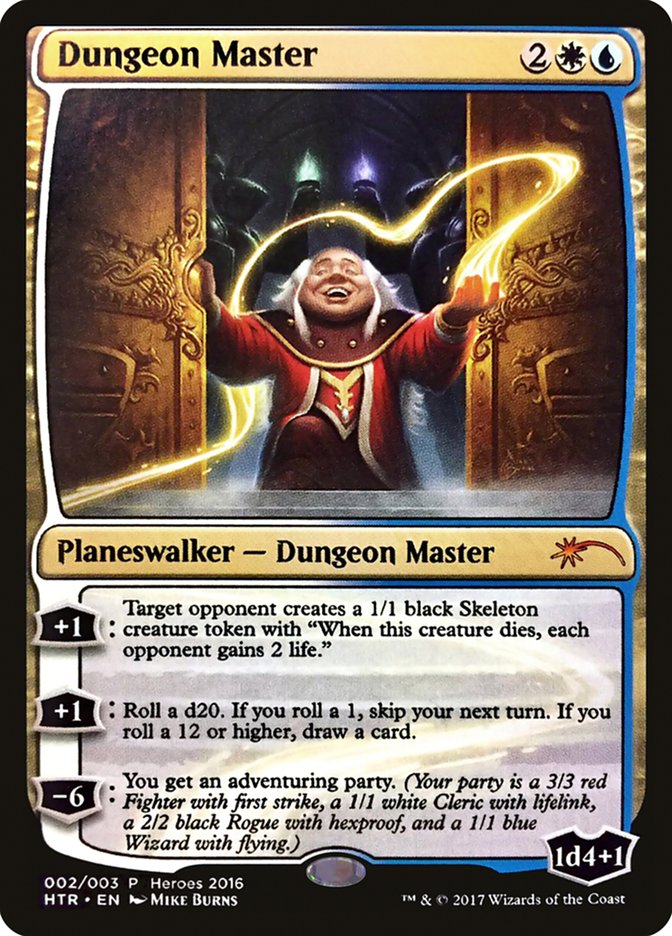
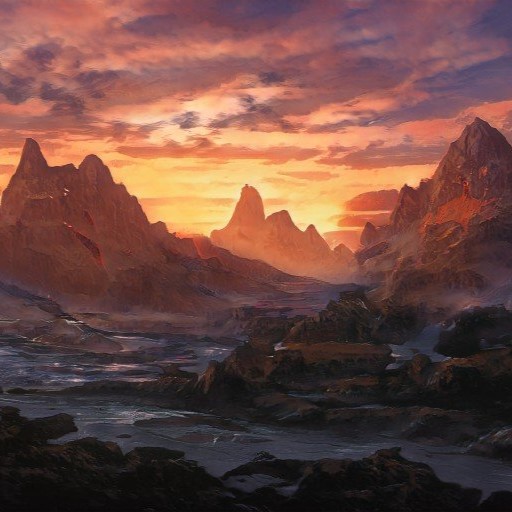
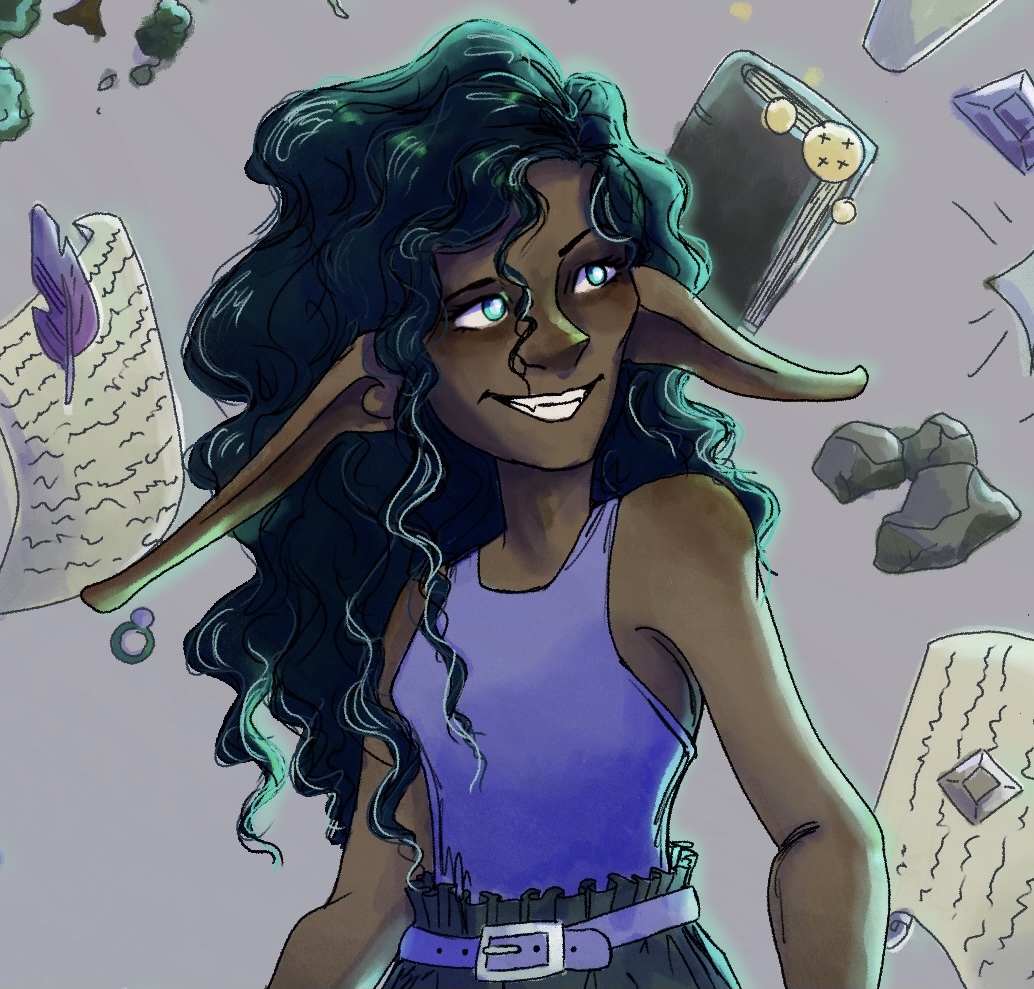
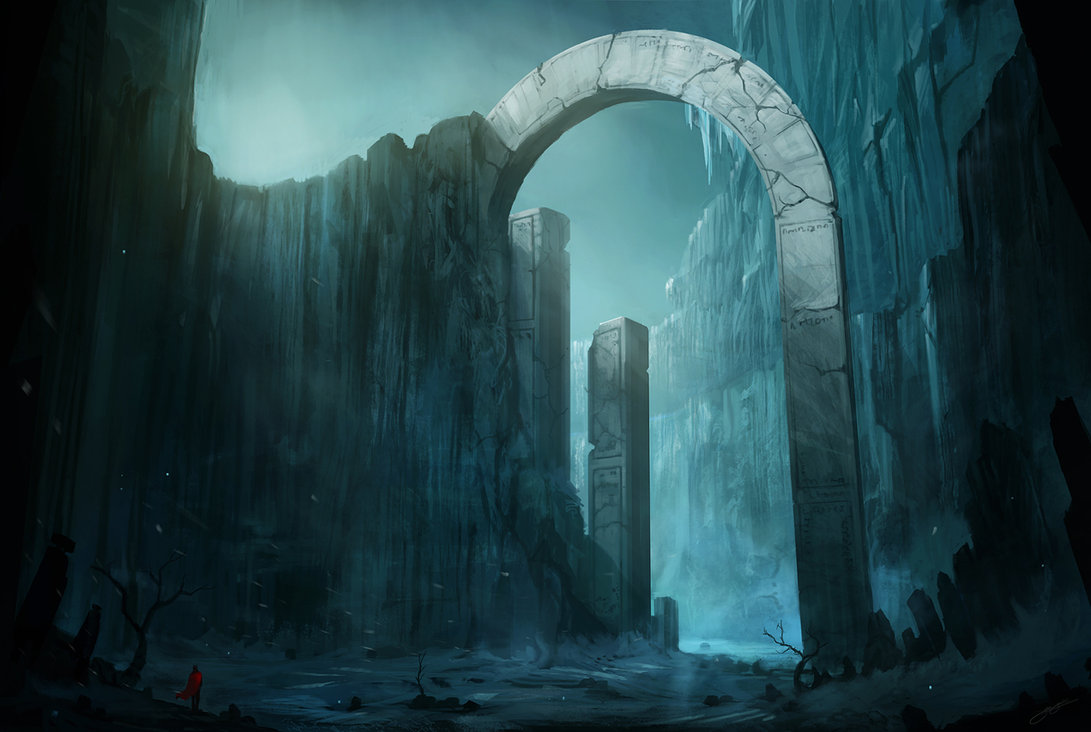
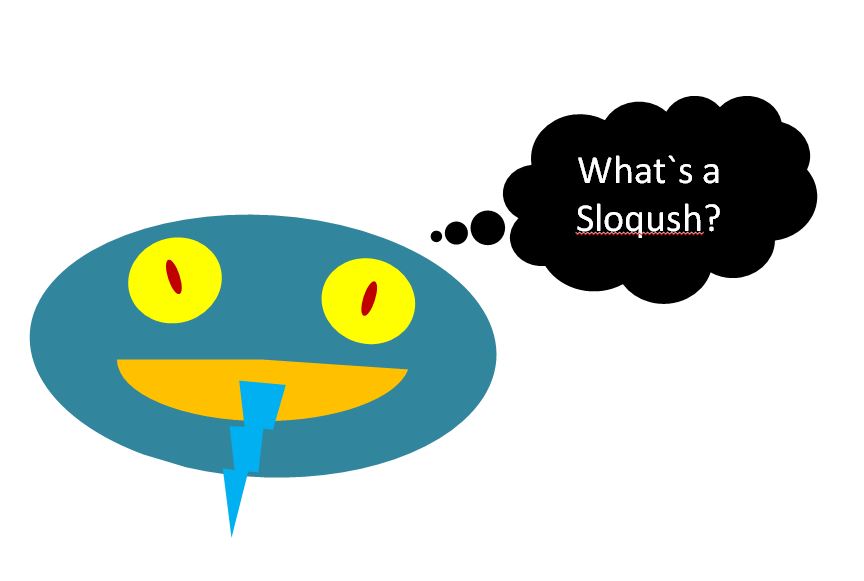
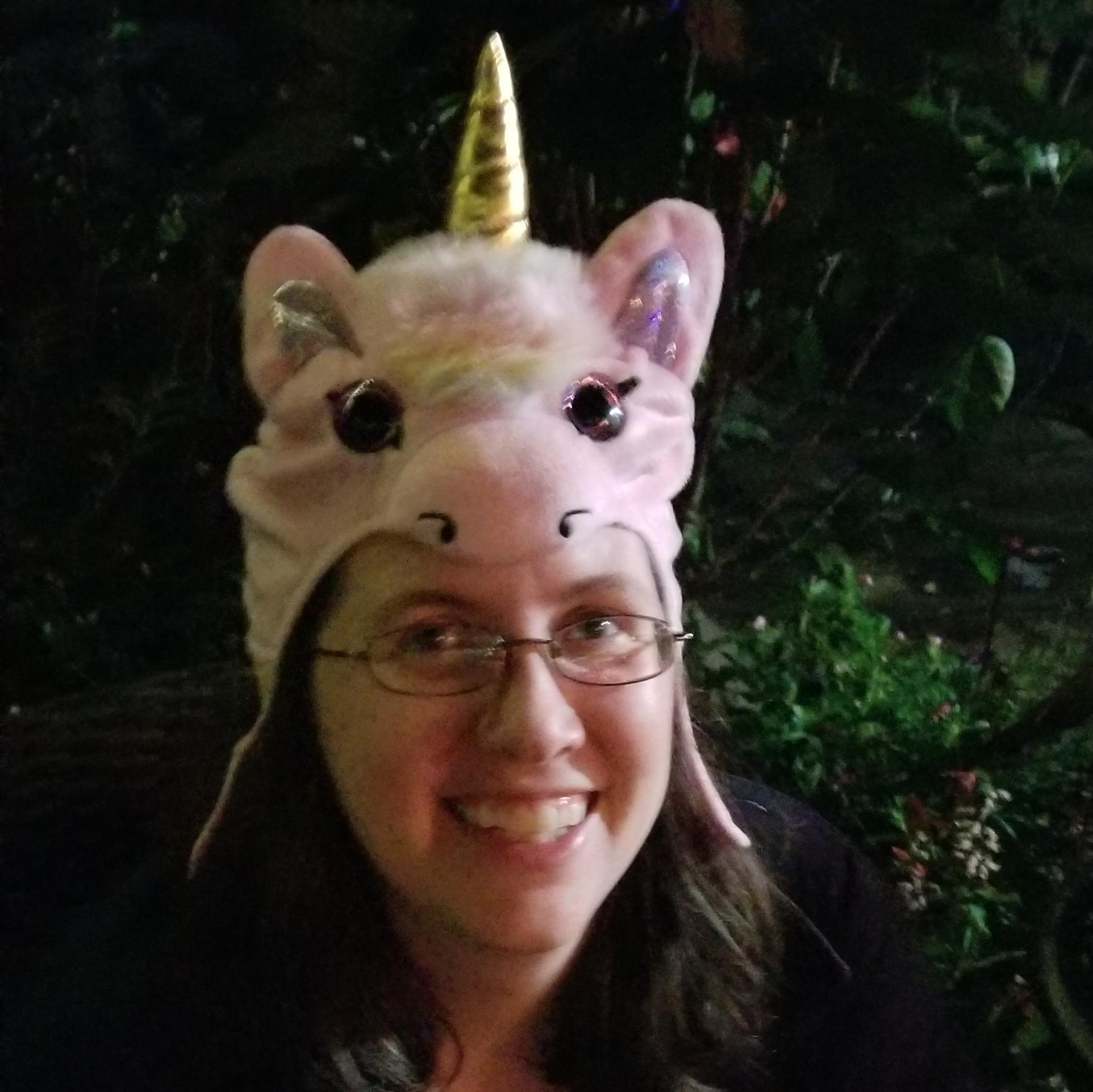
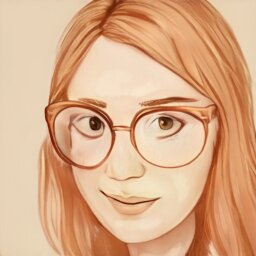

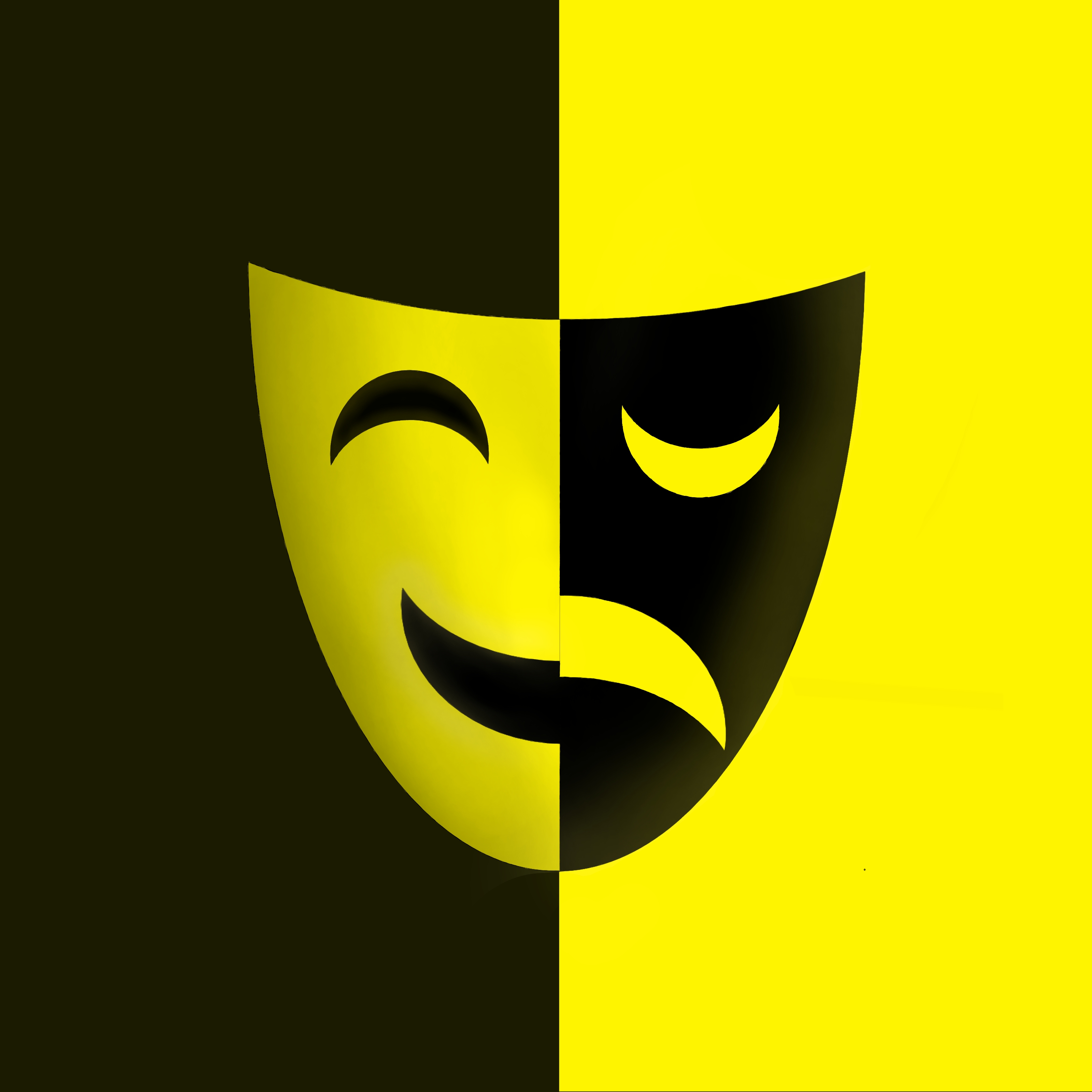



Creator of Araea, Megacorpolis, and many others.
Aw, thanks so much, Q. That means a lot! <3
Explore Etrea